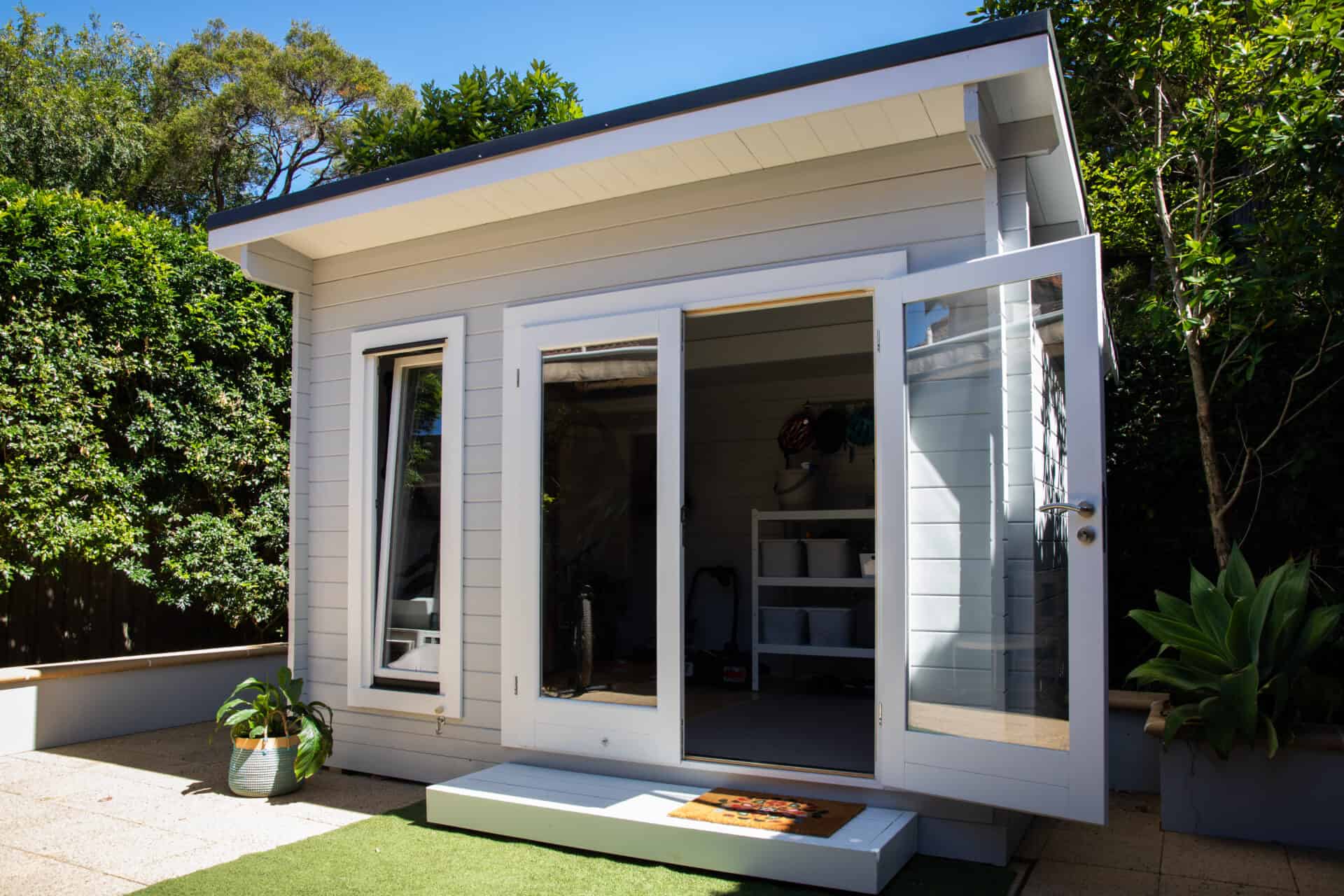As you explore the Australian Federal Budget 2023-24, you’ll find a variety of measures aimed at improving the nation’s economy and addressing key issues.
The budget, delivered by Treasurer Jim Chalmers on May 9, 2023, focuses on several critical areas, including health, housing, and cost-of-living relief.
As you delve more deeply into the details of the Australian Federal Budget 2023–24, keep in mind the significant implications it has for you as a property investor or small business owner.
Understanding these fiscal policies can empower you to make informed decisions and have a clearer picture of what to expect in the coming financial year.
So let’s see what’s in store.
Small Business Taxation and Depreciation
The government made changes to existing incentives and introduced some new ones to help small businesses manage their tax obligations this year.
No Extension to the Temporary Full Expensing Scheme
Unfortunately, the Temporary Full Expensing Scheme will not be extended beyond its current deadline of June 30, 2023.
The scheme was initially introduced to help small businesses recover from the effects of the pandemic and allowed you to immediately deduct the full cost of eligible depreciable assets, which could help reduce your tax bill and provide a cash flow boost for your business.
As long as you purchase and first use (or install) the asset before June 30, 2023, you can still benefit from a full immediate deduction.
All in all, you must ensure that your eligible asset investments are made before the scheme’s end date.
Increase to the Instant Asset Write-Off Threshold
While the temporary full expensing scheme will come to an end, there is some good news for small businesses with an aggregated annual turnover of less than $10 million: the instant asset write-off threshold will return to the pre-pandemic threshold of $20,000 from July 1, 2023, to June 30, 2024.
This means that during this period, you can immediately deduct the full cost of eligible assets up to the threshold from your taxable income.
For more on how to benefit from these incentives, check out our small business depreciation guide.

Small Business Energy Incentive
The government also introduced a Small Business Energy Incentive in the Federal Budget 2023-24, designed to help you reduce your energy costs and greenhouse gas emissions.
Businesses with an annual turnover of less than $50 million will receive an extra 20% tax deduction for expenditures related to energy efficiency improvements and electrification.
But for assets or upgrades to be eligible, you must install them and have them ready to use between July 1, 2023, and June 30, 2024.
This initiative is designed to encourage small businesses to invest in:
- Conversion to electric heating and cooling systems
- Upgrading to energy-efficient fridges and induction cooktops
- installation of new batteries and heat pumps.
And remember, you can also qualify to claim depreciation on these newly installed assets.
Superannuation
Beyond the tax incentives for small businesses, the government also made changes to the tax rates for those who use their super funds (and SMSFs) to invest in property and other assets.
High Super Balances Attract Higher Tax Rates
In the Australian Federal Budget 2023-24, the government amended the superannuation system aimed at improving retirement outcomes for Australians. One of the major changes is the introduction of a higher tax rate for high super balances.
From July 1, 2025, if you have more than $3 million in your super fund, you’ll have to pay more taxes. The tax rate will be 30% of any earnings, which is 15% more than the current tax rate of 15%.
However, the change only applies to higher super balances. So, if you have less than $3 million in your fund, you’ll keep paying the lower tax rate of 15%.

Property Buying Incentive
Now on to some positives for those looking to join the property market: there are a few new incentives to help you get your foot in the door in the Australian Federal Budget 2023-24.
First Home Guarantee
The government announced its intention to extend the First Home Guarantee starting in July 2023 to include joint applications for family and friends. In other words, you can now qualify for the guarantee scheme even if you’re jointly purchasing a property with a family member or friend.
Family Home Guarantee
Another policy aimed at assisting struggling homebuyers is the Family Home Guarantee. This program initially only targeted single parents, providing them with the opportunity to purchase a property with a smaller deposit.
However, as of July 2023, eligibility for the scheme will extend to single legal guardians.
Household Energy Upgrades Fund
The 2023–24 Federal Budget also focuses on measures for household energy upgrades.
For instance, the Household Energy Upgrade Fund will allocate $1 billion to the Clean Energy Finance Corporation.
This funding aims to facilitate over 110,000 low-interest loans by partnering with various private lenders for energy-efficient home improvements.
The added benefit here is that you’ll reap the rewards from maximised depreciation deductions if you choose to make these eco-friendly upgrades to your investment property.
Build-To-Rent Depreciation Incentives
The Federal Budget 2023-24 has also provided an incentive to increase the housing supply in an attempt to lower the costs of the rental market by allowing developers to claim capital works at a rate of 4% instead of 2.5% for Build-to-Rent projects.
Build-to-Rent projects are properties built by a developer who retains ownership with the intention to lease out the units.
Traditionally, only properties designed for short-stay have been allowed to claim capital works at the 4% rate, but this new incentive is opening the door for long-stay rental properties to be claimed at this accelerated rate which has not been the case since 1987.
But, take note, the incentive only applies to properties with a minimum of 50 units retained under a single ownership for at least 10 years before being able to be sold and, within 3 years of completion, be advertised for rent.
Key Takeaways
The Australian Federal Budget 2023–24 targets a few key areas and brings about significant implications for property investors and small business owners, including:
- No extension to the Temporary Full Expensing Scheme beyond June 30, 2023, but an increase in the instant asset write-off threshold to $20,000.
- The Small Business Energy Incentive allows small businesses to claim a 20% tax deduction for energy efficiency improvements and electrification expenses.
- The superannuation system will see changes, including a higher tax rate of 30% on balances exceeding $3 million from July 1, 2025.
- Property buying incentives include an extension of the First Home Guarantee to joint applications for family and friends and an expansion of the Family Home Guarantee to single legal guardians.
- The Household Energy Upgrade Fund will provide $1 billion to the Clean Energy Finance Corporation to facilitate over 110,000 low-interest loans for energy-efficient home improvements.
These changes in the budget not only aim to provide financial relief but also offer substantial opportunities to boost your depreciation deductions, especially for small businesses and property investors.
So, it’s never been more crucial to have a current tax depreciation schedule to ensure you’re maximising your deductions.
If you don’t have one, or it’s out of date, it’s time to get in touch with Duo Tax.
As specialists in tax depreciation schedules, we can help you navigate these changes in the Australian Federal Budget 2023-24 and make the most of your investment.
Get started today with Duo Tax, and let us help you optimise your tax position.

Ready to get started?
Talk to one of our friendly property experts to get a free quote or more Information.








